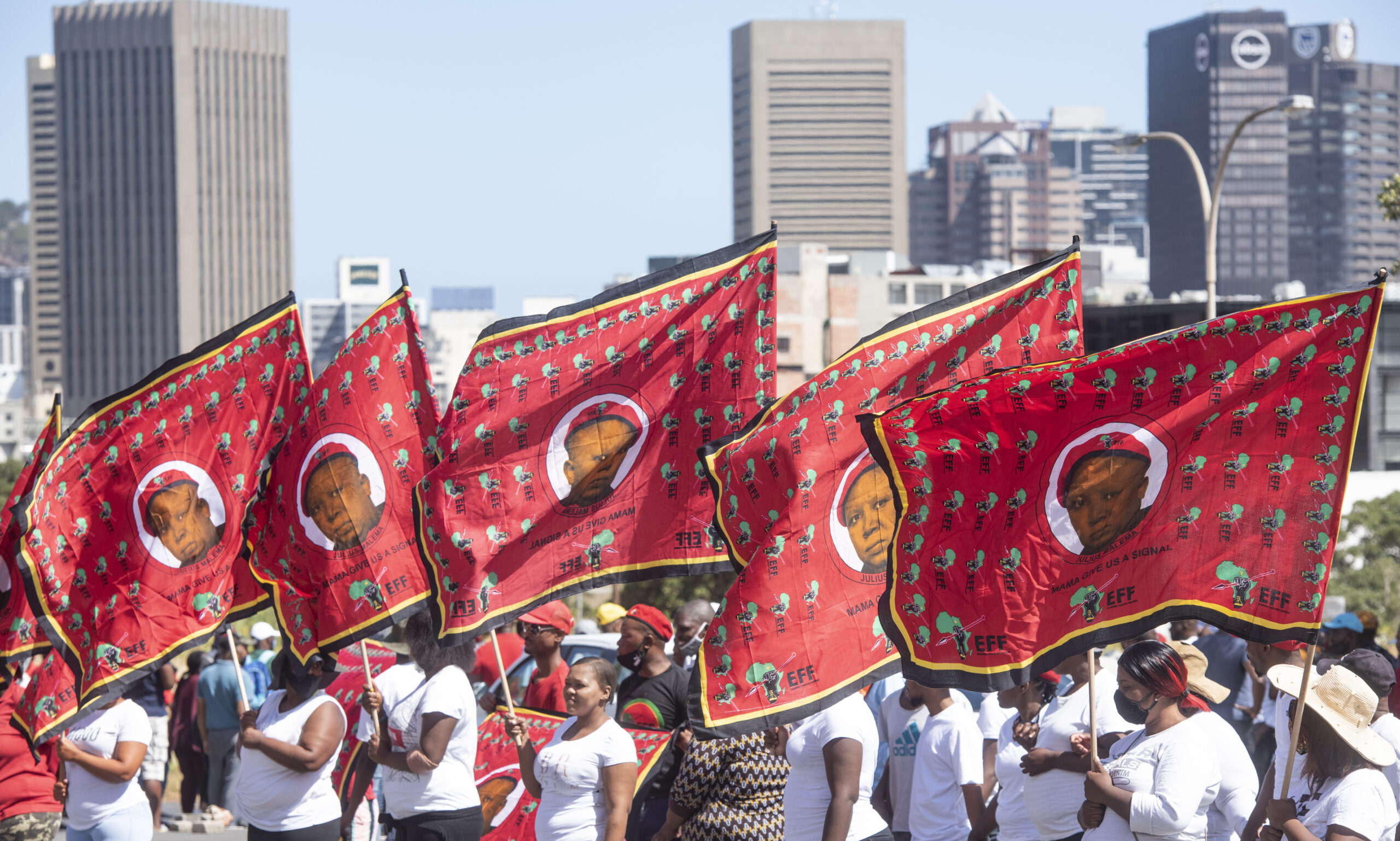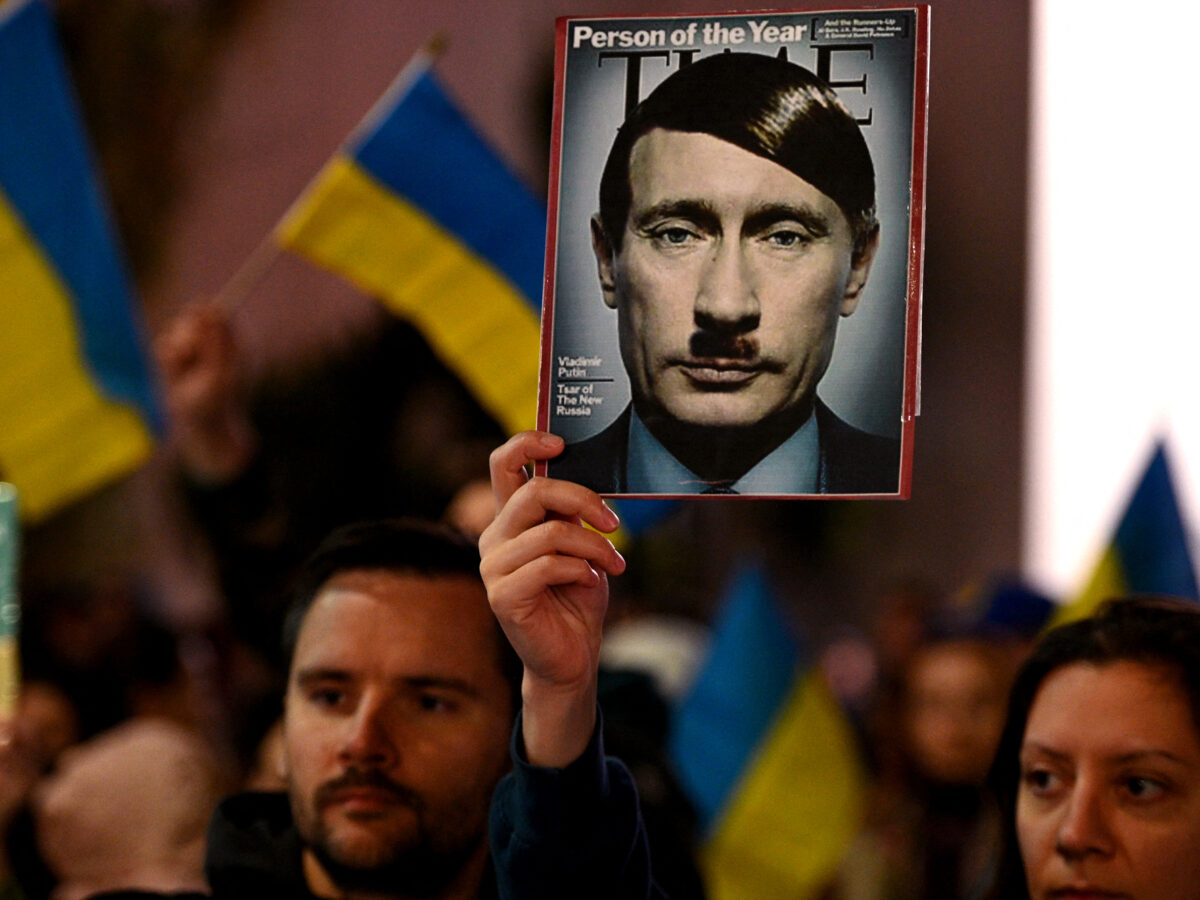Thabo Mbeki, the former president of the ANC and South Africa, was invited to talk by the interim leadership of the ANC in the Free State province towards the end of February 2022. At the gathering Mbeki spent some time reflecting on the Imvuselelo [revival] Campaign of the ANC, launched by former president Jacob Zuma, in 2010 at Kamhlushwa Stadium, Mpumalanga. It would be intellectually deceitful, of course, if I were to ignore the factional differences that these two have in the ANC. It is important to mention this because Mbeki’s utterances, however critical they may be, cannot be read outside of the many years of enmity between them.
Be that as it may, for the purposes of my theoretical intervention, it is worth noting some of Mbeki’s reflections on the Imvuselelo Campaign, and how it has, in his view, sowed the seeds of the ANC’s destruction. Briefly, the Imvuselelo Campaign of the ANC sought to grow its branches, presence in wards and also its membership, as it was heading to its 100-year celebration. In one of its official statements, the then spokesperson, Jackson Mthembu, wrote: “As part of the Imvuselelo Campaign, the ANC kick-started a massive recruitment campaign aimed to enlist a million members by the time of its centenary in 2012.”
In other words, the ANC embarked on a campaign that can be likened to that of the EFF, to grow its membership to one million. Mbeki claims to have disagreed with this resolution at the time, as he held the view that the ANC was merely obsessed with the quantitative growth of the party, to the detriment of the qualitative growth and development of its existing members.
Some in the public and media commentary space have fallaciously suggested that the EFF is likely to attract the same destructive fate of the ANC’s obsession with quantity at the expense of quality membership. They are wrong, because they fail to read the heterogeneous development of political organisations in South Africa outside of the linear and declining trajectory of the ANC.
True to its heterodox character, the EFF demonstrates that the quantitative growth of an organisation is not mutually exclusive to its qualitative development. In other words, in the EFF, numbers are as important as political education. There exists no inelastic tradeoff between the two.
This is in direct antithesis to the ANC, because in the ANC there is an indirectly proportional relationship between quantity and quality. The more the members, the lower the standard and quality of membership. This Achilles heel of the ANC was first observed by political activist Isaac Bangani “IB” Tabata, as early as 16 June 1948. Tabata wrote a letter to Nelson Mandela, in which he said very decisively: “Let me state from the outset that I do not support the idea of organising the people for the sake of organising.”
As early as 1948, Tabata foresaw the limitations of the ANC’s obsession with mass-based mobilisation and populism. Tabata continues: “…every individual [must] ask himself the question: What purpose does this or that organisation serve? It is not what the members say or think about an organisation that matters. It is not even a question of the good intentions of the leaders. What is of paramount importance is the programme and principles of the organisation. To put it another way, it is not the subjective good will of the leaders that matters, but the objective function of the organisation, what effect it has on society. In other words, the question to ask is: Whose interests does the organisation serve objectively? This is the only correct approach to the discussion on the present organisations.”
We learn two things from Tabata’s critique of the ANC and, of course, Nelson Mandela’s popularity at the time. The first is that the modus operandi, founding vision and mission of an organisation must transcend the subject and cyclical whims of both its members and or its leadership. In other words, an organisation with a founding manifesto and vision that is socialist in character cannot just turn to being capitalist, simply because it has been saturated and infiltrated by new members who believe in capitalism, or visa-versa. The second is that the intentions of its leaders, however good and righteous they may be, can never over-ride the founding programme and principles of the organisation.
The ANC’s “broad-church” principle, therefore, places it in a permanent state of political obscurity, be it in its policy direction, ideological foundations, and/or organisational practices and doctrines, which are supposed to ground it. Inevitably, the ANC’s foundational programme of action is determined by who leads it at that particular juncture in history, and how they are able to manipulate its membership to rally behind the ever-changing directions of the party. The ANC’s programme of action can be clearly differentiated from Mandela, to Mbeki, Zuma and now Cyril Ramaphosa. This is primarily because the ANC, in the decisive words of Tabata, organises for the sake of organising. No single member of the ANC can clearly define, without self-contradiction, “whose interests the organisation serves objectively”.
Is it the private sector or the people, monopoly capital or workers, unions or businesses, privileged or underprivileged, oppressors or oppressed, settlers or natives? In the ANC, when we remove the deceiving veil of the “broad-church”, we quickly learn that it depends on “what the members say or think about an organisation [at that particular time]… [and] the subjective will of the leaders”.
It is for this reason that Mbeki foresaw, long before the Imvuselelo Campaign of his successor Zuma, that the ANC’s obsession with quantitative growth at the expense of the qualitative development of its membership was deeply entrenched in the life and existence of the ANC. As an organisation obsessed with mass popularity, political power and support, it organised in all corners of South Africa, from churches to schools, unions and civil society organisations — all just for the sake of organising! Today we ask, with all its many members, resources and political power, what is the objective function of the African National Congress, and what effect does it have on society?
Antithetically, over the past weeks the EFF, led by its officials, has been launching the #1MillionMembership Campaign in different parts of the country. Embedded in these launches has been the non-negotiable and overt Founding Manifesto of the Economic Freedom Fighters, in particular the seven non-negotiable cardinal pillars of the EFF.
The EFF is, and will always will be: A radical and militant economic emancipation movement that brings together revolutionary, fearless, radical, and militant activists, workers’ movements, nongovernmental organisations, community-based organisations and lobby groups under the umbrella of pursuing the struggle for ECONOMIC EMANCIPATION.”
At the centre of this struggle for Economic Freedom are the following non-negotiable pillars:
- Expropriation of South Africa’s land without compensation for equal redistribution in use.
- Nationalisation of mines, banks and other strategic sectors of the economy without compensation.
- Building State and government capacity, which will lead to abolishment of tenders.
- Free quality education, healthcare, houses and sanitation.
- Massive protected industrial development to create millions of sustainable jobs, including the introduction of minimum wages in order to close the wage gap between the rich and poor, close the apartheid wage gap and promote rapid career paths for Africans in the workplace.
- Massive development of the African economy and advocating for a move from reconciliation to justice in the entire continent.
- Open, accountable, corrupt-free government and society without fear of victimisation by the state defence force, police and other agencies.
From the onset we learn that the foundational vision, mission and programme of action of the EFF cannot be altered, confused and or manipulated by any member(s) and/or leader(s). To borrow from the words of Tabata, the EFF’s objective function, the effect it has on society [and] whose interests the organisation serves objectively is clearly and unapologetically defined. Whether with one member or one million members, the qualitative function and character of the EFF neither changes nor deteriorates.
It is for this reason that the EFF does not flinch on its policies and principles when it recruits new members, and voters. On many occasions, the President and CIC of the EFF, Julius Malema, has emphasised that the EFF would rather “lose votes on principle,” than to sell out its generational mission for the sake of gaining more support, votes and membership. Unlike the ANC, the EFF is not engaged in a “join the ride” recruitment programme, exploiting fleeting and short-lived excitement. Anyone who joins the EFF is made fully aware of the principles, values and mission of the organisation, and throughout their time as a member they get to be educated, politically and ideologically.
Decisively, at the end of 2022, the EFF will have #1MillionMembers who understand and embody its objective function, and whose interests it serves objectively!




